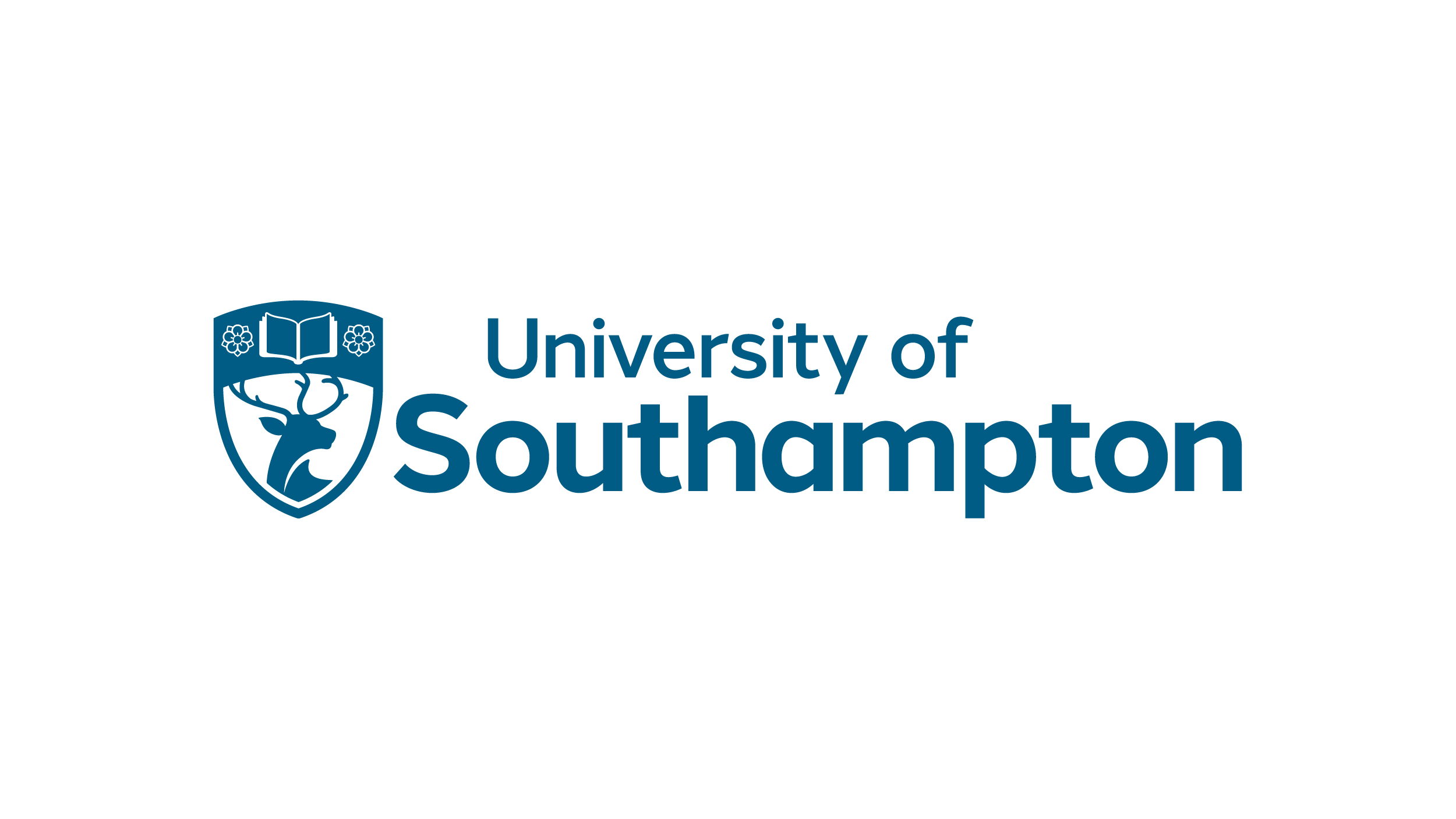Student Enterprise Fund – 2024
Back to Competitions | The Student Enterprise Fund is designed to support a broad range of early-stage businesses, social enterprises and freelancers. Specifically, the BUILD pathway allows eligible students to win EIBF funding for their innovations. Students can win up to £2,000 via the BUILD pathway which runs twice a year in the Autumn and Spring semester, partially funded by EIBF. This year, the EIBF prize fund of £3,000 was shared among finalists. |


First place: pAiback
pAiback offers an automated travel assistant to view the pricing history of flights and track savings with real-time analytics. The innovation simplifies the process of getting a cheaper flight through tracking changing flight prices and automating this for the customer, saving them time and money.
Students:
- Morgan Taylor – Environmental Sciences
- Tom Alner – Computer Science (Imperial College London)
Prize awarded: £500

Second place: Zenicam
Zenicam is a software solution that uses state-of-the-art deep learning and signal processing technology to measure vital signs and assess pain and stress levels only using facial videos. This technology offers an innovative solution for healthcare professionals to monitor patients remotely, without being physically present in the same room.
Student:
- Eirini Kateri – Computer Science
Prize awarded: £500

Third place: Eos Space Technology Ltd
Eos Space Technology is developing thrusters into propulsion systems for small satellites. The first thrusters aim to solve the lack of supply of spacecraft propulsion systems in the spacecraft market due to the development highly performing but not ‘economically’ optimised thrusters with a simplified design.
Student:
- Szymon Dworski – Engineering & Environment
Prize awarded: £500

Fourth place: POM Health
POM Health is a pioneering minimally-invasive wearable designed to provide continuous, real-time health monitoring and advanced personalised healthcare. Unlike traditional snapshot testing, which often miss critical biomarker fluctuations and delivers limited accuracy, POM Health’s technology enables 24/7 tracking of hormones and other biomarkers. With an initial focus on women’s health, POM Health’s innovative technology seeks to close the hormonal data gap, helping to reduce gender disparities in healthcare.
Student:
- Stefan Tudor – Electrical and Electronic Engineering
Prize awarded: £500

Fifth place: MetaSoles
MetaSoles aims to transform diabetic foot care with personalised insoles that use advanced metamaterials and AI-driven models to reduce the risk of diabetic foot ulcers, preserver mobility and lower amputation rates. Unlike traditional prescription insoles, which are costly, inconvenient and require clinical visits, MetaSoles aims to provide custom orthotics tailored to individual biomechanical needs.
Student:
- Kirstie Devin – Biomedical Engineering
Prize awarded: £500
Positive feedback
The EIBF prize fund has been instrumental in empowering our students at the University of Southampton to transform their innovative ideas into real-world solutions. Each year, we receive exceptional applications, and we’re immensely proud that our students have consistently excelled, winning top categories in the prestigious EIBF Champion of Champions final. This funding allows us to provide dedicated support to our engineering and science students, and we’re excited to extend this support to the field of medicine this academic year.
Thomas Simmonds
Head of Student Enterprise & Events
University of Southampton
